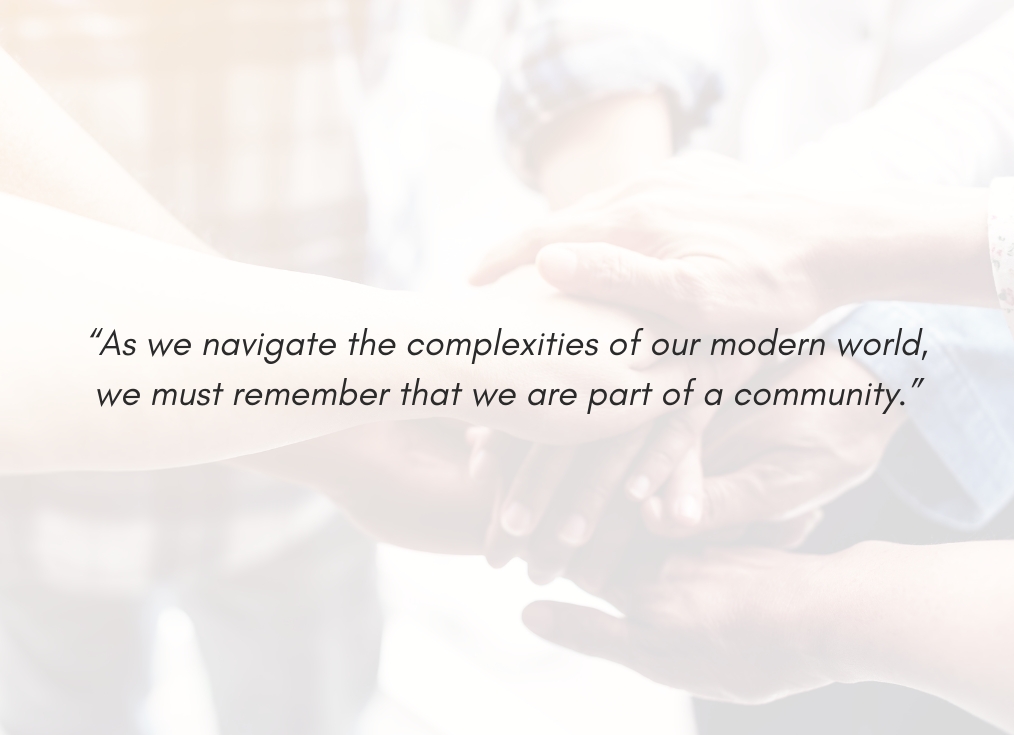From Bystander to Upstander

July 26, 2024
Tammuz 20, 5784
Parashat Pinchas offers us a powerful lesson on the importance of taking action in the face of injustice. The story begins with a crisis: many Israelites have succumbed to idolatry and immorality, engaging in forbidden relationships. As a plague ravages the community, Pinchas, grandson of Aaron, witnesses a flagrant act of defiance against Gd. Without hesitation, Pinchas takes decisive action, ending the transgression and halting the plague.
Pinchas’ response to this crisis embodies the wisdom later expressed by Hillel: “… If I am only for myself, what am I? And if not now, when?” In a moment of moral clarity, Pinchas recognizes that waiting for others to act or seeking permission would only allow the injustice to continue. He understands that the time for action is now, and if not him, then who?
This raises an important question for us: How often do we witness injustice in our own lives and communities, yet hesitate to act? We may tell ourselves that someone else will step up, or that it’s not our place to intervene. But Pinchas teaches us that in times of crisis, even more so do we have a responsibility to act.
…
Gd’s response to Pinchas’ action is noteworthy. Rather than condemning his zealousness, Gd rewards Pinchas with a “covenant of peace” and the priesthood – essentially the first recorded “Peace Prize” in history. This divine approval underscores the value of taking a stand against injustice, even when it requires courage and personal risk.
However, it’s crucial to note that while Pinchas’ specific actions were extreme and suited to his particular circumstances, we today are blessed with many possible ways to combat injustice. The key is not the extremity of the action, but the willingness to take action at all.
Consider this classroom scenario: Should the students be silent bystanders, or should they step up like Pinchas? Actions need not be dramatic. The important thing is to do something…
As we navigate the complexities of our modern world, we must remember that we are part of a community. We can draw strength from those around us who share our values and desire for peace and justice. Our actions need not be solitary endeavors; indeed, they are often more effective when we work together.
Parashat Pinchas challenges us to be proactive in the face of injustice. It reminds us that if we don’t step up, especially in critical moments, we become complicit in the wrongs taking place around us. Let us draw inspiration from Pinchas’ courage and Gd’s affirmation of his actions. Let us remember that while we may have many options for how to act, the most important thing is that we do act. And let us take comfort in knowing that we need not face these challenges alone because we are…
STRONGER TOGETHER.
Shabbat Shalom.

